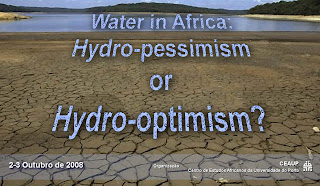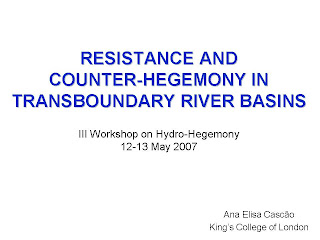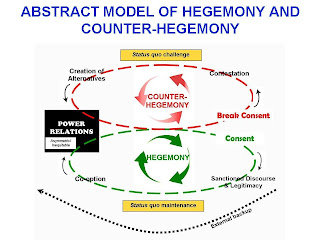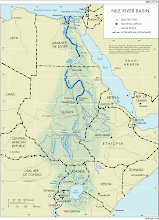Porto, 13 Mai (Lusa) - O inglês Tony Allan, um dos maiores especialistas mundiais em gestão de água, é um dos convidados do colóquio sobre gestão de recursos hídricos em África, que o Centro de Estudos Africanos da Universidade do Porto realiza em Outubro.
Ana Cascão, do Centro de Estudos Africanos da Universidade do Porto (CEAUP), revelou hoje à Lusa que o colóquio contará também com a presença de Tony Turton, director do African Water Issues Research Unit, na África do Sul.
A gestão dos recursos hídricos em África é o tema central do colóquio que o CEAUP vai realizar a 2 e 3 de Outubro, tendo recebido mais de sete dezenas de propostas de comunicações para este encontro.
"As propostas abrangem os mais variados tópicos, desde o abastecimento de água em capitais africanas à construção de mega-barragens hidroeléctricas, passando pela partilha de recursos hídricos transfronteiriços", salientou Ana Cascão, que é investigadora da Universidade de Londres e do London Water Research Group.
Cerca de um terço das propostas de comunicações enviadas à organização são da autoria de investigadores portugueses, adiantando Ana Cascão que os investigadores africanos são responsáveis por outro terço das propostas, enquanto o restante é da autoria de investigadores europeus e americanos.
No encontro, que reunirá académicos, investigadores e quadros técnicos, vão estar em discussão os principais factores que influenciam a procura de água, mas também as soluções que se apontam para o problema e qual o contributo que pode ser dado pelas organizações internacionais e pela comunidade científica.
Recentemente, na I Semana Africana da Água, que decorreu em Tunis, na Tunísia, os ministros desta área aprovaram uma declaração que exorta os estados africanos a garantirem a segurança do abastecimento de água para as necessidades sociais, económicas e ambientais.
Nesta declaração, os ministros signatários defendem que a gestão equitativa dos recursos hídricos "deve permanecer a primeira prioridade de desenvolvimento no continente nos próximos anos".
No mesmo sentido, recomendaram que a próxima Cimeira da União Africana, prevista para Julho, no Egipto, adopte medidas que melhorem a gestão da água no continente.
Apesar do continente africano, especialmente na zona austral, possuir alguns dos maiores lagos e rios do mundo, além de importantes bacias hidrográficas, o acesso à água continua a ser difícil para uma grande percentagem da população.
Por essa razão, a Africa Subsaariana está a sentir especiais dificuldades no cumprimento do Objectivo de Desenvolvimento do Milénio que prevê uma redução para metade da população sem acesso a água potável.
A situação pode, no entanto, melhorar, já que os líderes da Comunidade de Desenvolvimento da Africa Austral têm dado sinais de estarem atentos para a necessidade de uma correcta gestão dos recursos hídricos disponíveis.
O Centro de Estudos Africanos da Universidade do Porto foi fundado em Novembro de 1997, constituindo desde 1999 uma unidade de investigação financiada pela Fundação para a Ciência e Tecnologia, que reúne actualmente 31 investigadores.
Link: http://ww1.rtp.pt/noticias/index.php?article=345723&visual=26&rss=0












































